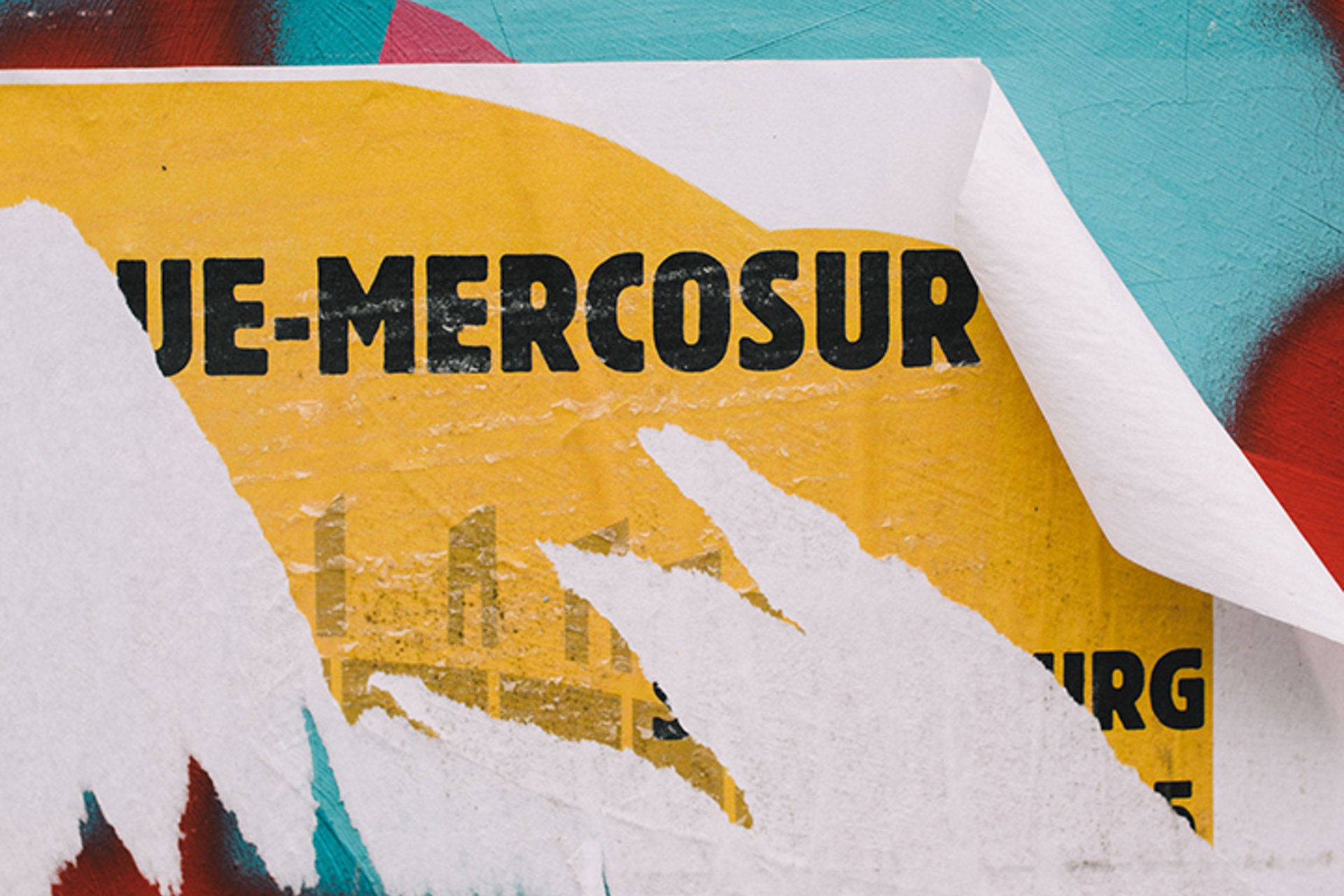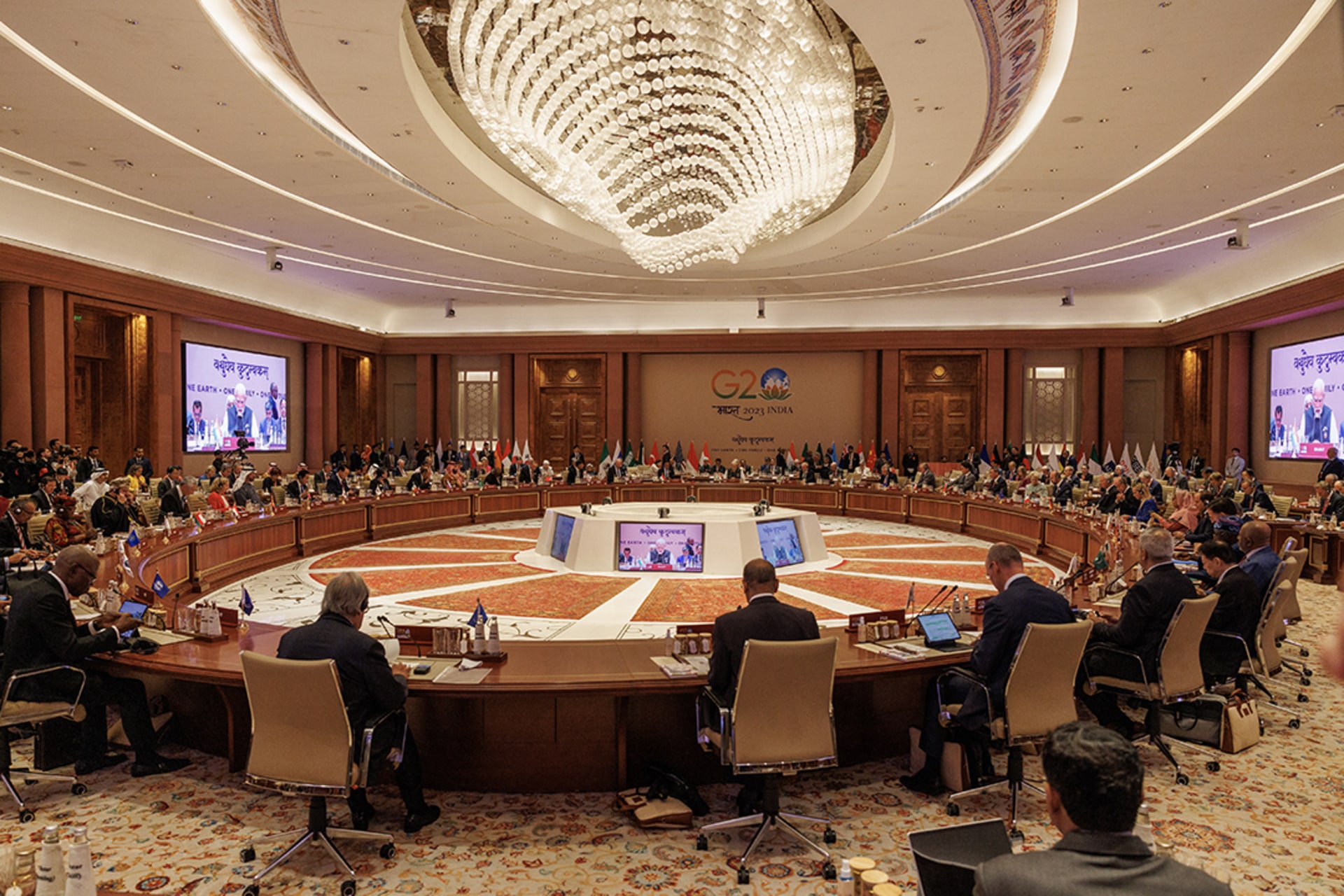Jamaat al-Islamiyya
Published
Updated
A profile of Jamaat al-Islamiyya.
This publication is now archived.
Introduction
Jamaat al-Islamiyya is a radical group that seeks to install an Islamic regime in place of the secular Egyptian government. According to the State Department’s 2007 Country Report on Egypt, the group is responsible for the deaths of dozens of foreign tourists in Egypt in the 1990s. It has been listed as a terrorist organization by the U.S. State Department since 2001. Although the group has not carried out an attack in over a decade and the Egyptian-based leadership has rejected violence, some members of a more extreme faction are alleged to have connections to al-Qaeda. A spiritual leader who is aligned with the extreme faction of Jamaat, Sheikh Omar Abdel Rahman, was convicted and jailed in the United States as the perpetrator of the 1993 World Trade Center attacks.
What is the history and ideology of Jamaat al-Islamiyya?
Jamaat al-Islamiyya, which means “the Islamic Group,” is Egypt’s largest Islamist militant organization and has a presence both in Egypt and abroad. As a radical offshoot of the much older and more grassroots-oriented Muslim Brotherhood, the group has been active since the 1970s. According to the State Department, Jamaat attracts young unemployed graduates and students from urban areas but operates primarily in the southern governorates of Egypt.
Historically, members have campaigned to overthrow the secular Egyptian government and replace it with an Islamic regime. Jamaat used violence within the country to influence a popular movement supporting an Islamic regime and refused to consider a political compromise. The group is best known for the Luxor attack in 1997 that killed fifty-eight foreign tourists and four Egyptians. Attacks on tourists, however, put the group on the fringe of society as the country began to suffer economically from a decrease in tourism. Tourism officials said that the Luxor attack cost Egypt an estimated 50 percent of its average $3.7 billion tourism revenue in 1998, reported the BBC. It is estimated that it took two years for tourism to rebound to the pre-Luxor attack numbers. Following a violent campaign of attacks against the Egyptian government, Coptic Christians, tourists, and other targets, Jamaat al-Islamiyya has largely honored a March 1999 cease-fire with the Egyptian government.
Jamaat targeted foreign tourists in Egypt in many attacks on the grounds that they represent the seeping of Western characteristics, such as secularism, into Egyptian culture. The anti-secularism sentiment led some members, mainly the exiled people who are affliated with al-Qaeda, from the regime-change doctrine towards a broader anti-Western campaign. Jamaat al-Islamiyya, as an organization, has not specifically attacked U.S. citizens or facilities, but “disaffected” members have expressed intentions to attack the United States and are known to have joined al-Qaeda and trained at its camps in Afghanistan, the State Department said in its 2005 Country Report on Egypt. The Jamaat spiritual leader, Sheikh Omar Abdel Rahman, is serving a life sentence in the United States for his involvement in the 1993 attack on the World Trade Center. (In April 2002, the Justice Department charged that Rahman tried to direct further terrorist operations from his cell in Minnesota.)
What is the current status of Jamaat al-Islamiyya?
The loosely organized Jamaat was not active in 2007 and has not claimed responsibility for any recent attacks. The State Department says that the external wing, composed of exiled Egyptians, still seeks to overthrow the government and replace it with an Islamic regime.
Despite remaining classified as the largest militant group in Egypt, Jamaat’s senior leadership in the country has largely denounced violence over the last several years. In August 2006 Ayman al-Zawahiri, an associate of Osama bin Laden, announced that Jamaat al-Islamiyya had merged with al-Qaeda. Jamaat leadership in Egypt quickly rejected the claim, according to the State Department. The faction of Jamaat leadership that adhered to two cease-fires in the late 1990s “declared the use of violence misguided and renounced its future use” in March 2002 although members abroad rejected this dramatic shift in ideology, says the State Department.
What attacks is Jamaat al-Islamiyya responsible for?
Jamaat al-Islamiyya members collaborated with the Egyptian Islamic Jihad on the assassination of Egyptian President Anwar Sadat in 1981 and, according to the State Department, is suspected in an unsuccessful assassination attempt against President Hosni Mubarak in Addis Ababa, Ethiopia, in 1995. Selected other attacks have been attributed to the group by press reports:
- A 1992-1993 series of attacks killed dozens;
- The 1992 assassination of a radical Islam opponent, Farag Foda, was claimed by Jamaat;
- A September 1997 ambush near the Egyptian Museum in Cairo killed nine German tourists and their driver;
- A November 1997 attack on a resort in Luxor killed fifty-eight tourists and four Egyptians in a shooting spree.
Is Jamaat al-Islamiyya connected to al-Qaeda?
After a 1997 cease-fire Jamaat unofficially split into two factions. One group, led by Mustafa Hamza, agreed to the cease-fire. Rifa’i Taha Musa and his followers supported the militant operations. Musa, in the following year, signed Osama bin Laden’s 1998 fatwa that called for attacks on the United States. According to the State Department, Musa went missing in 2001 several months after publishing a book justifying militant operations that produce mass casualties.
Since Zawahiri asserted an al-Qaeda connection with Jamaat, the people opposed to the cease-fire separated from the group and Jamaat “has since concentrated its efforts on revising its former extremist worldview and distinguishing itself from al-Qaeda,” wrote the Jamestown Institute in a 2006 report.
The State Department claims that al-Qaeda and other Afghan militant groups support Jamaat.
What has Egypt done to combat Jamaat al-Islamiyya?
Egypt has waged a bitter campaign of state violence, mass arrests, and financial crackdowns against Jamaat al-Islamiyya, Egyptian Islamic Jihad, and other Islamist groups during much of the 1990s. Experts say the government has largely succeeded in stopping them from carrying out terrorist attacks inside Egypt. But human rights groups say that Egyptian President Hosni Mubarak’s regime has often used torture as part of its crackdown and sometimes has taken family members of Islamist leaders hostage.
Hundreds of Islamists were released from Egyptian prisons in the autumn of 2003. Among those set free was Jamaat al-Islamiyya leader Karam Zuhdi, who expressed regret for his collaboration with Egyptian Islamic Jihad in the 1981 assassination of former Egyptian President Anwar Sadat. As a political gesture, President Mubarak’s government timed the release of Zuhdi and Islamists to coincide with the 30th anniversary of Egypt’s 1973 war with Israel.t
Colophon
Staff Writers
- Holly Fletcher





